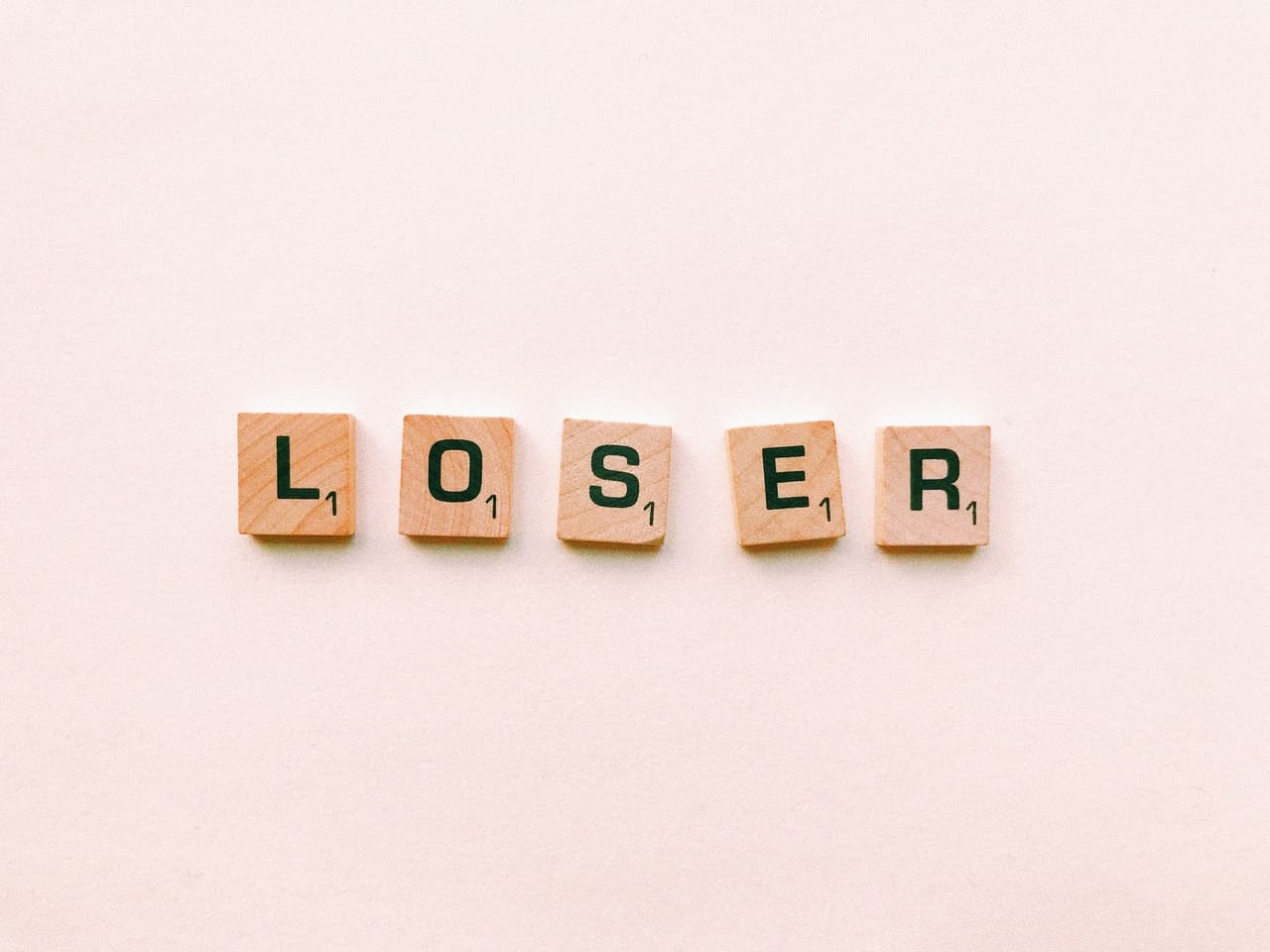GUEST EDITORIAL: SHOW ME A GOOD LOSER…

“Show me a good loser and I’ll show you a loser.” Those words, most often attributed to legendary Green Bay Packer coach Vince Lombardi, have unfortunately become the iconic default cliché used by some professional athletes and coaches to justify post-game tantrums. Readers might be interested to learn that the original version of the “Loser” saying is actually credited to Knute Rockne, the famous Notre Dame football coach who died in 1931. Rockne’s original quote, which didn’t appear until 1943, several years after his death was, “Show me a good loser and I will show you a failure.”
I think it would be safe to say that most competitive people don’t like to lose. Losing sucks! It reminds us that our efforts were inferior to that of the competition. Who, in their right mind, enters into a competitive situation, be it a sport or business dealing, thinking it will be just fine to end up at the bottom of the heap? No one ever remembers who came in second and no one cares.
Think how that might apply to your retail business. My guess is that you want winners in your organization. If not, why then do we have contests for sales associates if not to identify a the top sales person? What are incentive-based sales programs designed to do if not to reward the best sales people for superior results? During the hiring process are you looking for someone who has demonstrated success or do you settle for someone who’s been plagued by the incompetency of their past? When scouting a new location, do you fight for the A spot or do you settle for the less desirable B or C area?
Reflect for a moment on the not too distant past. What did you do to survive in 2020? You had choices. Many found creative ways to do business, from curbside pick up to developing a stronger online presence. You applied for assistance when it was offered, and you negotiated aggressively with landlords and vendors. You didn’t do that to lose, you did it to survive which is to say you WON! You are still here, many aren’t. Some took this as the perfect time to “retire” and in some cases it might have been. Others, lacking the will power to put up a fight, simply threw in the towel and closed their doors.
How do you handle a situation when told that a competitor has a line that you would love to have? You have two options as I see it, 1) you can wait until the competitor closes or lose interest in the line or 2) you can remain in constant contact with the resource demonstrating the many reasons why your store is the better choice to represent the line. Option 1 is passive and potentially costly, while option 2 is what winners do.
How do you win when it comes to controlling your inventory? Are you open to new ideas and outside input that has been proven to maximize ROI and outperform industry benchmarks? Or, would you rather maintain the status quo and choose to do the same thing that you have always done even if sales are declining and cash flow is a constant challenge? Do you seek out independent, outside, unbiased counsel or does your ego rule the day and convince you that you have all of the answers and no one could possibly know anything that could help your business. How you answer these questions oftentimes reveals if you possess a winning or losing approach to business.
“Winning brings happiness, losing brings wisdom” -Dan Bauer
Unfortunately, the second half of the Lombardi’s quote is not nearly as widely known as the first part. The coach actually continued by saying, “But show me a gracious loser and I’ll show you someone who will always be a winner.” This half of the quote completely redirects what many believe to be the ultimate intent of the first half of the quote. You have not lost if you have done everything to the very best of your ability and your actions were not met with the success you anticipated. Assuming you reviewed what you could have done differently and learned from the experience, then in my opinion, you are a gracious loser and possess the traits of a winner by gaining wisdom. Losing traits on the other hand, are ambivalence, nonchalance, inflated ego, and continually blaming others when things don’t work out as you had wished. You can decide what it is you want to be, a winner, a gracious loser, or just a loser. Which best describes your organization?


